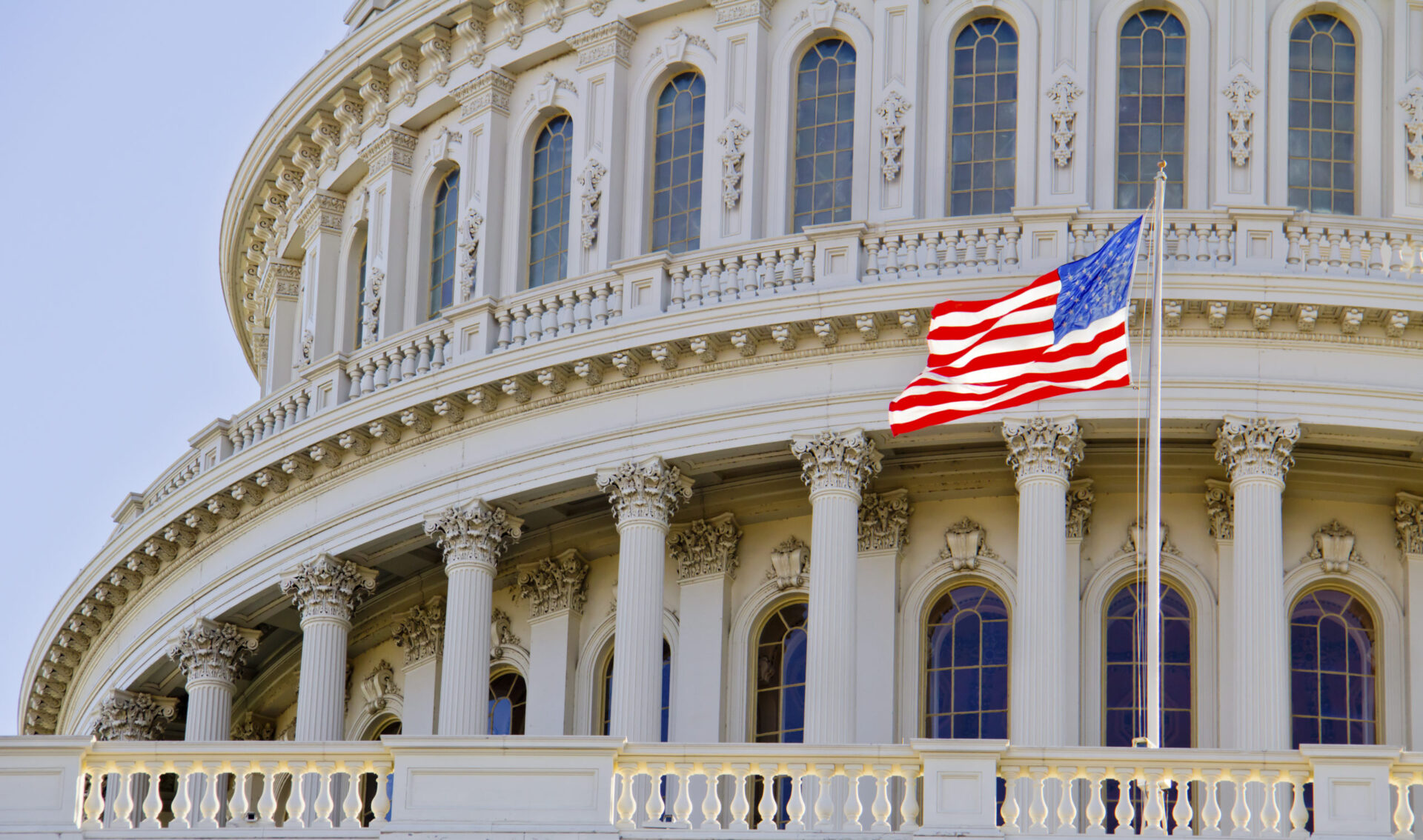A $2 trillion COVID-19 relief bill is set to be passed by the House on Friday and sent to President Trump for his expected signature. There are significant sections of the bill pertaining to mortgage and housing, including protections for homeowners who experience economic hardship during the pandemic.
The Mortgage Note asked Joshua Rosner, an analyst with Graham Fisher & Co., what the relief bill means for homeowners and lenders.
TMN: What does the relief bill mean for borrowers?
Rosner: The bill means different things to different borrowers. Borrowers whose mortgages are government backed – by the FHA, Federal Home Loan Banks, Fannie Mae and Freddie Mac – can receive up to 180 days of forbearance which, if the crisis continues after that time, may be extended for up to another 180 days. This creates disparate treatment for borrowers who’s loans are owned by banks or private investors as the legislation does not guarantee them similar treatment.
TMN: Will they have to pay their mortgages for the next year?
Rosner: While they will be able to, after meeting the requirements in the bill, not make their mortgage payments for that initial 180 days or the end of the National Emergency. Again, if the crisis extends beyond the 180 days they could get extended forbearance.
TMN: At the end of the year, do they have to make up what they didn’t pay – or was it just on pause? Or do they go right back to making monthly payments?
Rosner: At the end of forbearance period the borrower will be required to start making their regular payments of principal and interest. There will be no penalties or rate increase for the payment hiatus, but they will still owe all of the original principal and interest on their loan.
TMN: What does it mean for credit scores for people who do not – or do – pay their mortgages over the next 12 months?
Rosner: As long as borrowers take the prerequisite steps to properly get permission to receive forbearance, they will not have any negative credit reports filed against them by the mortgage servicer during the relief period. If, however, they were in delinquency before the covered period, the negative reporting will remain unless or until they are current.
TMN: How will mortgage companies survive? How are they made whole?
Rosner: This is the greatest injustice in housing sections of the bill. Mortgage servicers’ job is to collect payments and send the monies to the owners of the loans (whether investors in whole or asset backed loans).
In the normal course of business, a servicer may be required to advance unpaid payments to the investors. In good and bad times, bank-owned servicers can get advance funding to meet these needs from the federal reserve.
Non-bank-owned servicers have no access to liquidity/funding from the Federal Reserve. This bill is truly unjust as it changes the rules and tells private, non-bank, servicers that they will be required to advance the mortgage payments and interest to investors for up to a year with no help or support from the government. Unless they receive a liquidity facility, this action will kill most independent lenders and small mortgage originators.
Sadly, the Federal Reserve seems eager to allow that to happen so it can increase its control over more areas of the economy. This is particularly ironic because, after the 2008 crisis, the Fed wanted banks to be smaller players in the cost intensive and thin margin business.
TMN: What are the three most important things that investors in securities should be concerned about or aware of?
Rosner:
- That the government immediately creates a liquidity facility for independent mortgage servicers.
- That the volumes of borrowers receiving forbearance as a result of the legislation will strain servicers who are already capacity constrained and result in untimely advances of funds.
- For all of the above reasons, we will see massive bankruptcy filings in the servicing industry, which will result in an additional crisis within the larger crisis.
TMN: What’s the one question that nobody is asking? And what’s the answer?
Rosner: Why is there no means testing in the legislation?
As an example:
- If I am in a community that has not yet been effected by the crisis, why should I be free to stop paying my mortgage?
- If I have not lost my job or seen a decline in household income, why should I be free to stop paying my mortgage?
- If I have a bank-owned mortgage, why shouldn’t I get the same treatment as government-backed mortgagees?
The moral hazard created here is larger than any we have seen in modern human history. As an extreme but entirely possible example, the government just created incentives for renters to immediately go take out a mortgage from the FHA – with 3 percent down payment – get forbearance and then default a year from now. The borrower will have essentially lived cost free for a year and then left someone else holding the bag on a property whose price will have almost certainly declines. It’s insanity.
